Corporate Social Responsibility (CSR) is the concept gaining momentum in the annual reports of many companies over the years. However, what does the term and the responsibilities that accompany it really mean generally and in the Due Diligence context? Our newly released white paper identifies Corporate Social Responsibility and highlights how to approach CSR Due Diligence globally.
In its 2001 Green Book on Corporate Social Responsibility, the European Union defined it as follows: “Most definitions of corporate social responsibility describe it as a concept whereby companies integrate social and environmental concerns in their business operations and in their interaction with their stakeholders on a voluntary basis. Being socially responsible means not only fulfilling legal expectations, but also going beyond compliance and investing “more” into human capital, the environment and relations with stakeholders.”
CSR broadly includes three main themes companies need to focus their attention: The Environment, Human and Social Rights and Health and Safety. Socially responsible companies therefore have to integrate these concerns in their daily business practices.
But CSR goes beyond companies simply wanting to appear responsible; regulations such as the French law Devoir de Vigilance and other related legislations are being passed around the globe. As CSR becomes a key component of corporate planning and more and more governments impose a watchful eye on companies, it is clear that CSR is also becoming a crucial aspect of Due diligence processes. Third party risk management is of the utmost importance as companies need to ensure that they are meeting CSR commitments from all directions.
To learn more about Corporate Social Responsibility, its global trends and what it means for due diligence procedures, read the white paper here.



